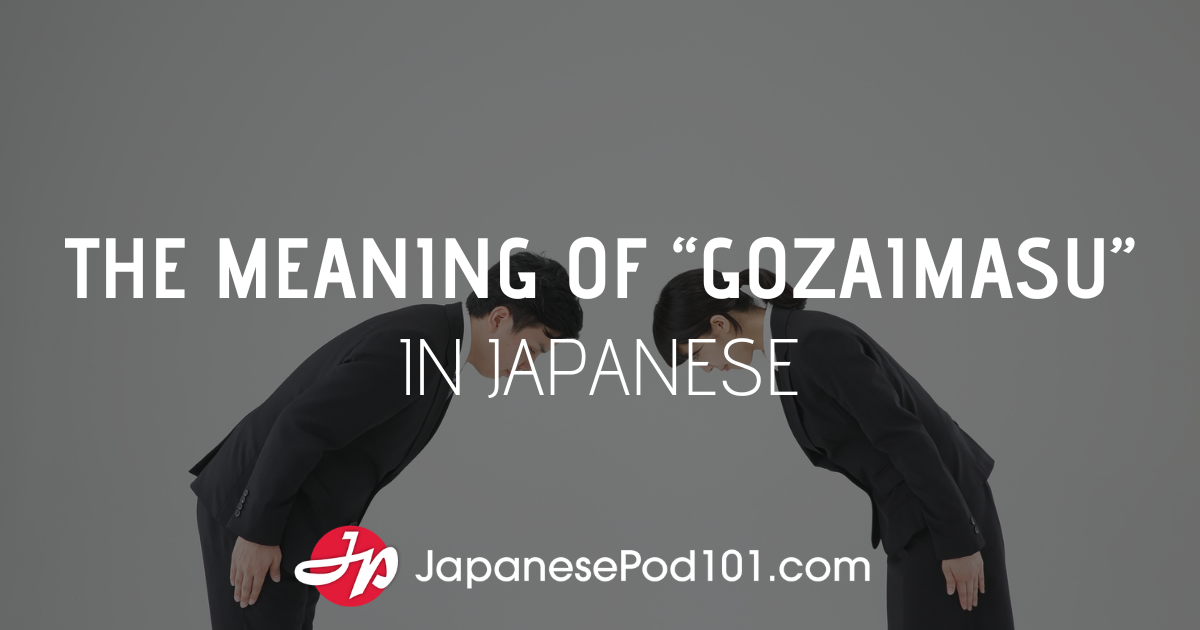味噌 (miso: key point)
この電子辞書は携帯しやすいところが味噌です。
Kono denshi-jisho wa keitai shiyasui tokoro ga miso desu.
The good thing about this electronic dictionary is that it’s easy to carry.電子 (denshi: electronic, electron)
electricity + suffix indicating a small entity
辞書 (jisho: dictionary) word + bookAha! A dictionary is a “word book.” Indeed, it not only contains words (as many books tend to do) but is actually about words. I’ve seen the first kanji here, 辞, as (ya(meru): to resign), but I’ve never thought about why the same character also appears in two words for “dictionary,” the other one being 辞典 (jiten: word + standard work of reference). Strange pair of meanings for 辞: “word” (the primary meaning) and “to resign.” The etymology, Henshall says, is unclear.
携帯 (keitai: handheld, something carried, cell phone) portable + to carry on one’s personI thought 携帯 only meant “cell phone,” but the original meaning is “something carried (in the hand).” Neat! You may recognize the second kanji as obi, the traditional belt or sash worn around a kimono. “Belt” was the original meaning of 帯 (TAI, o(biru), obi), but other meanings include “geographical belt or zone” and “wearing something (especially on the belt).”
しやすい (shiyasui: easy to do)
ところ (tokoro: place, point)This word originally means “place” or “location” but also functions as a pointer—that is, the kind of pointer someone might use during a presentation. In the sentence above, the “pointer” points to the place where there’s a 味噌, a “good thing.”









